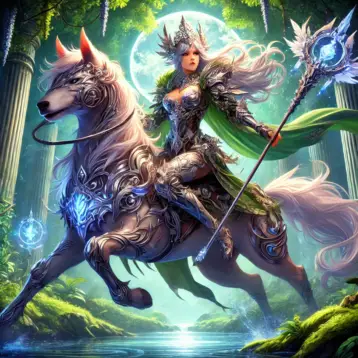
Game shows have become a quintessential part of entertainment for many countries around the world.
Several TV shows have become synonymous worldwide because of their success. At the same time, the format has been very simple to copy for other entertainment mediums. For instance, it’s not uncommon to hear a game show played out on the radio, nor is it uncommon to see replicas of game shows made for people attending events.
But, what is their history? How did they originate, and why have they managed to achieve the success that is being experienced today?
Game Shows: The Birth and Rise of Them
The origins of the game show concept have been around for almost a century. The first shows were seen in the late 1930s, with the US and UK creating a number of shows that were broadcast on TV and radio. The first examples were the Spelling Bee and Information Please, which were both shown in 1938.
There have been several shows that have followed similar formats and concepts in the decades that have followed, with quiz shows and panel shows proving to be extremely popular with players and audiences alike. Some of the decades that have followed have seen the format be retired by some or produced less frequently, but once every so often, there are game show formats that have rejuvenated the industry.
Wheel of Fortune, Who Wants to Be a Millionaire, X Factor, and Britain’s Got Talent are prime examples of shows that have helped to restore the industry. Each of them went on to be copied and released in multiple countries to great success.
Technology’s Help in Helping Game Shows to Thrive
Game shows have been able to boom in recent decades due to the technology that is available today. Now, we can find these shows available in other entertainment mediums, such as across gaming.
You can play video games that are based on formats that have been broadcasted, while there are even gambling games that have been created by taking inspiration from those that have existed. For instance, you can find live gameshows at a casino that are based on game shows like the Wheel of Fortune, where players spin a huge wheel and see where it lands.
Due to technological advancement, the idea has become interesting to the viewers and players because it is more interactive and realistic.
Although quiz shows have for a long time been popular with people who want to answer questions that are asked and how far they can get, there have been advancements that have assisted in improving these experiences. Some game shows have been adapted to be played through mobile apps with the help of real-time, such as The 1% Club. Subscribers of the app can answer the questions to the show as if they are in the studio and want to try to compete with others.
Can Game Shows Continue to Thrive or Is There a Shelf Life?
Looking at the premise of many of the game shows that have been developed, it can be quite hard to envision how some of them will continue to be highly popular even in the future.
It is not unusual to find some game shows ending after several runs because they become boring and repetitive. There are only so many times a person can watch the same show and view how it ends before getting a bit bored with the whole process.
Comedy shows and talk shows especially quiz and panel shows stand a better chance than the rest because they can be unique. Still, they can begin to experience difficulties, although they could be the most interesting for the audience in terms of representation. Talent shows can also have future issues since there are only several methods through which they can be developed to attract audiences’ attention.
Since they are popular forms of entertainment for several decades now, new ideas have to be generated to give them the longest possible lifespan. This is where technology is going to have to come in and make sure that it can also supply new and fresh concepts, otherwise, we’ve witnessed it all and their growth might stagnate even further.










